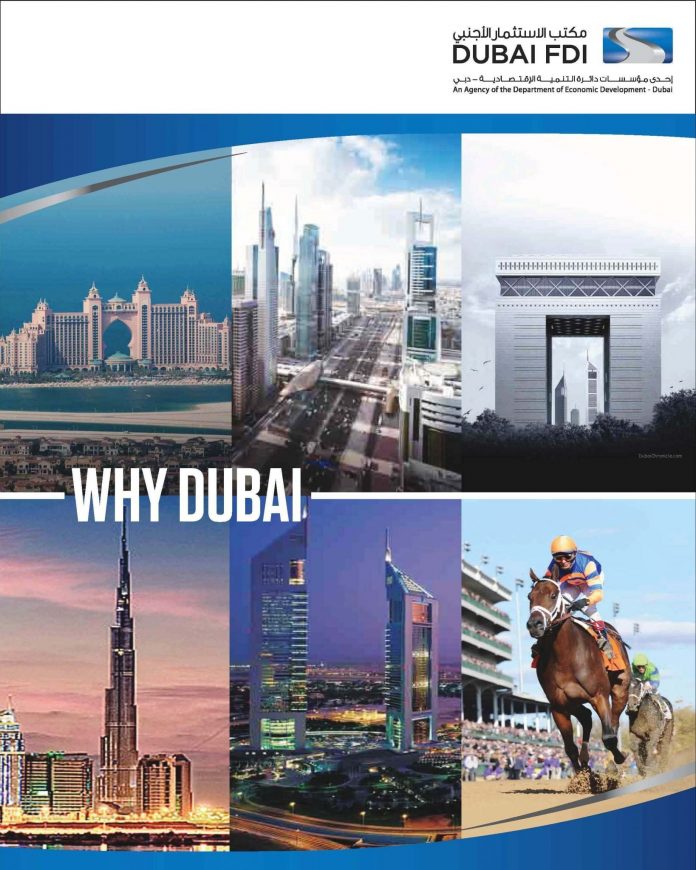
Dubai’s target of 20 million visitors by 2020, part of its Tourism Vision 2020, is comfortably on track to materialize if recent increases in visitor growth continue to be matched or exceeded. However, a serious challenge is posed by the need for 283 hotels to be delivered between 2014 and 2020 to accommodate this target number of visitors. This challenge is among the topics discussed in the fall 2014 issue of Deloitte’s quarterly publication, the Middle East Point of View (ME PoV).
Taking into account STR Global data of 56 hotels currently under construction or in the final stages of planning, this means that approximately 227 additional hotels are required to meet the projected supply by 2020. Factoring in the typical hotel development cycle of between 36-48 months, the majority of the planning for the remaining 227 hotels would need to be completed prior to 2017 for delivery by 2020. A Deloitte simulation demonstrates how the supply of these new hotels could be delivered in order to meet the requisite room supply target, but not without a challenge.
“Historically Dubai has managed to deliver an average of 14 hotels per year over the last 8 years up to a maximum of 26 hotels in a single calendar year. In order to meet the target of doubling the hotel room stock by 2020, this remarkable achievement needs to double to around 60 per year for at least three years, which is likely to be quite challenging,” explain Grant Salter, director, and Martin Cooper, director, Deloitte Corporate Finance Limited (regulated by the Dubai International Financial Center) in Hotel economics.
Other looming challenges are the impact of this high demand on construction materials, labor and, more importantly, funding, which is likely to drive overall development costs higher, and also the high demand for quality sites that will drive land prices ever higher and, in so doing, reduce investor returns.
Technology is also in the spotlight for governments in the region. In On the road(map) again, Ziad Haddad, senior manager in consulting at Deloitte Middle East, discusses how over the last two decades, public sector investment in next generation information and communication technology (ICT) has been used to exert a more positive influence and build trust between states and their own citizens, and even other governments. Large transformation initiatives for public services to move towards e-Government have revitalized public administration, overhauled public management, fostered inclusive leadership and moved civil service towards higher efficiency, transparency and accountability.
The fall issue of the ME PoV publication also explores other hot topics in the region, such as organization design, finance transformation in the Middle East, the shifting roles of general counsels and growing use of joint ventures, among others.




































One of the better pieces i’ve seen in the week.